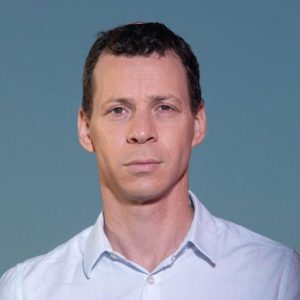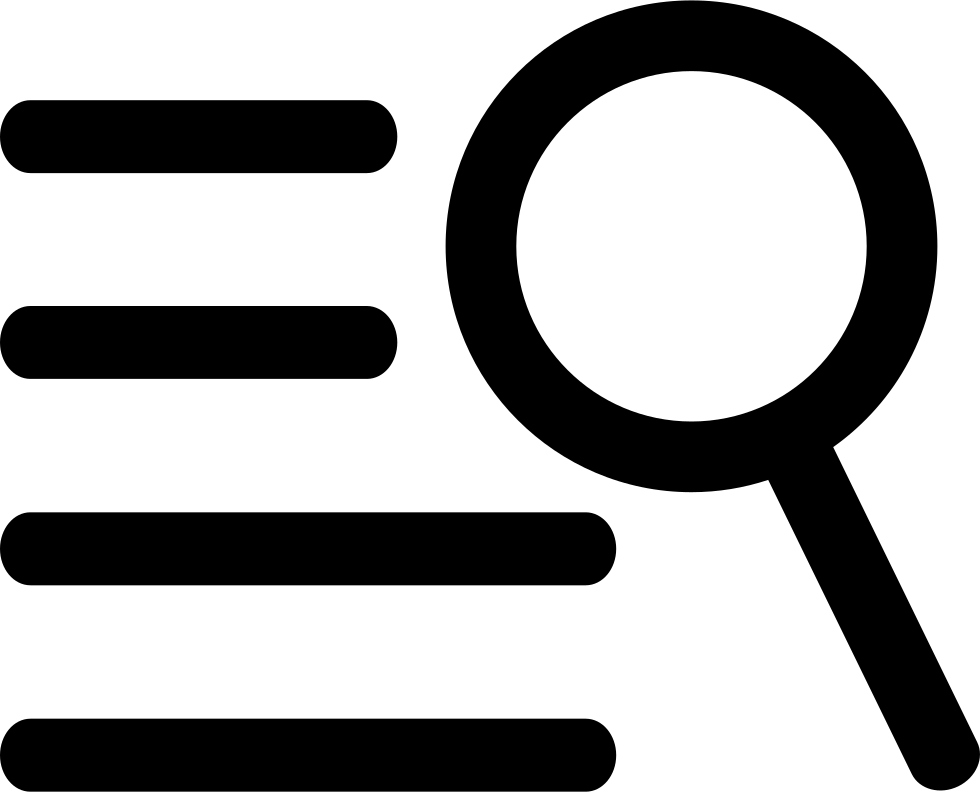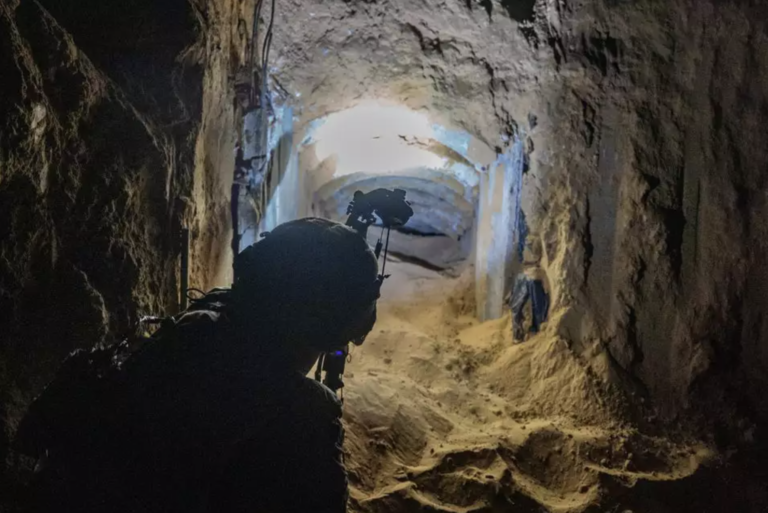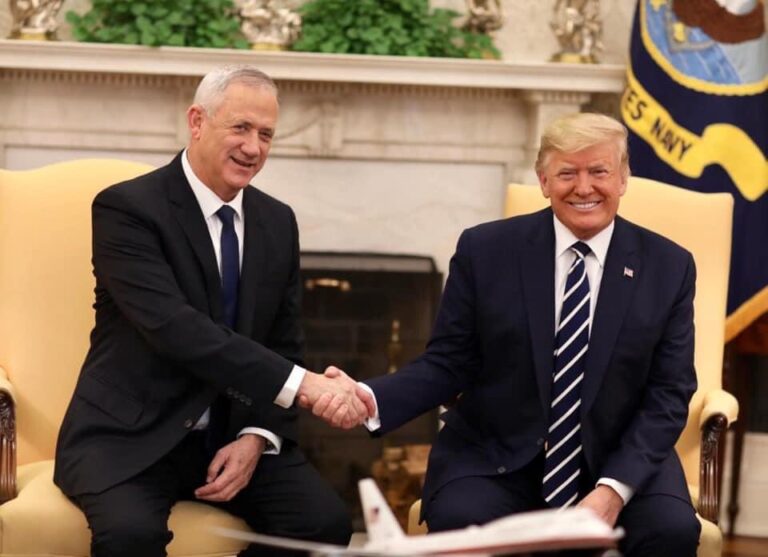Suppose an alien force lands in Israel and encounters Israelis opposed to Benjamin Netanyahu. “Take me to your leader,” it commands them. With whom would they schedule a meeting? Who is leading, coordinating, and heading the anti-Netanyahu camp on the eve of an election year?
If it’s the parliamentary opposition, its undisputed leader is Yair Lapid. But in the polls, his Yesh Atid party is stuck on a single-digit number of seats. As for the political opposition, the leader is actually Naftali Bennett, head of the largest party in the bloc for over a year. But is he accepted by everyone — from Yair Golan on the left to Avigdor Liberman on the right? Gadi Eisenkot, for example, is not sure Bennett is the leader, otherwise he would already have joined him.
There is, of course, the far more effective opposition of 2023 — the street opposition. Its leadership is on Kaplan Street in Tel Aviv, but its support in 2025 is shrinking.
So maybe the real opposition leader is Attorney General Gali Baharav-Miara? If you check who has succeeded in blocking or delaying the greatest number of government actions, whose photo is carried at anti-government protests, who is the subject of strange articles of admiration in Netanyahu-critical media — then the attorney general certainly passes the test, alongside Supreme Court President Yitzhak Amit and several other senior jurists. This is why the right gained ground after the military advocate general scandal. When the opposition stumbles, the coalition grows stronger.
Such a concentration of forces would usually provide a critical mass to topple a government. The problem is that the forces are not concentrated at all.
In November 2023, the first Mano Geva poll after the outbreak of the war was conducted. Netanyahu’s bloc received only 41 seats — a low not seen since the 1960s. In November 2025, the bloc received 52 seats, regaining half its strength, and its trajectory is apparently upward. In the November 2023 poll, Netanyahu was tied with Lapid in suitability for prime minister. Now he receives twice the support. Two years ago, he trailed Benny Gantz by 16 percent; now they don’t even bother checking Gantz due to his irrelevance.
The right strategy against Netanyahu is not always a head-to-head confrontation. In fact, the only time he lost power — in 2021 — was when it wasn’t at all clear who was running against him for prime minister. But there is a difference between decentralization and total fragmentation.
If the anti-Netanyahu bloc wants to miss an open goal, it should continue behaving exactly as it has until now. If it wants to stop its deterioration and produce an alternative government, it will soon have to settle on a front-runner and an agenda. Lapid wants to do this by pushing Bennett rightward and Golan leftward, so that he can be exactly in the center of the bloc. Bennett himself wants to unite quickly with Eisenkot to stand head-to-head against Netanyahu.
Either way, if they don’t come to a decision, the elections may be over for the opposition before they have even begun.
The above is an excerpt from my Shabbat column in Israel Hayom. Read it on Israel Hayom’s website here.









